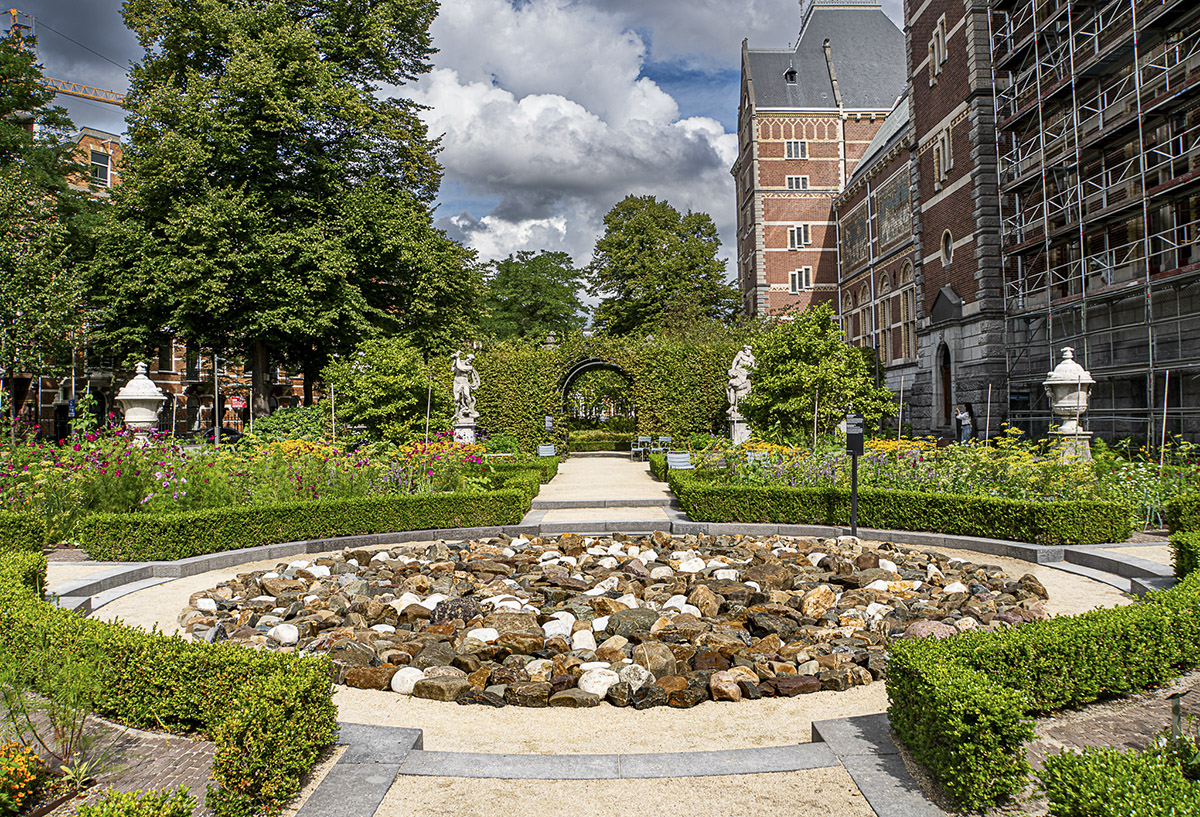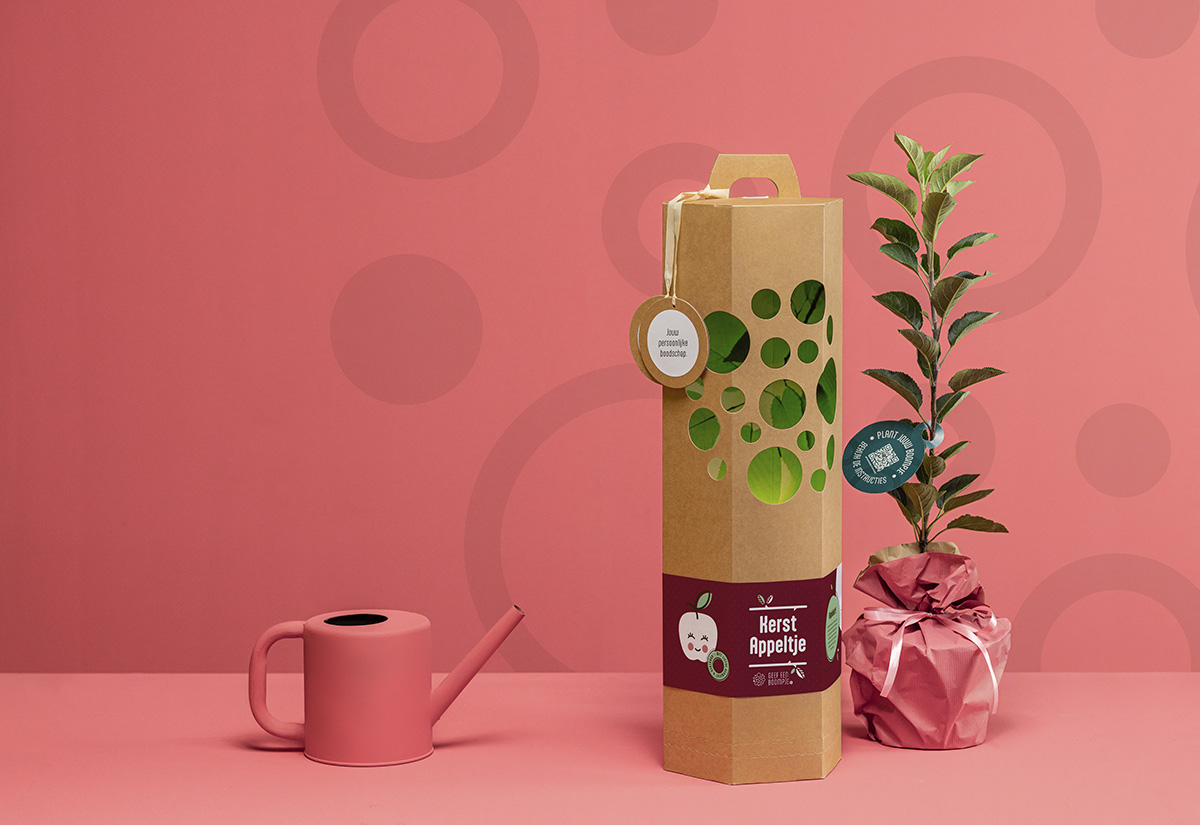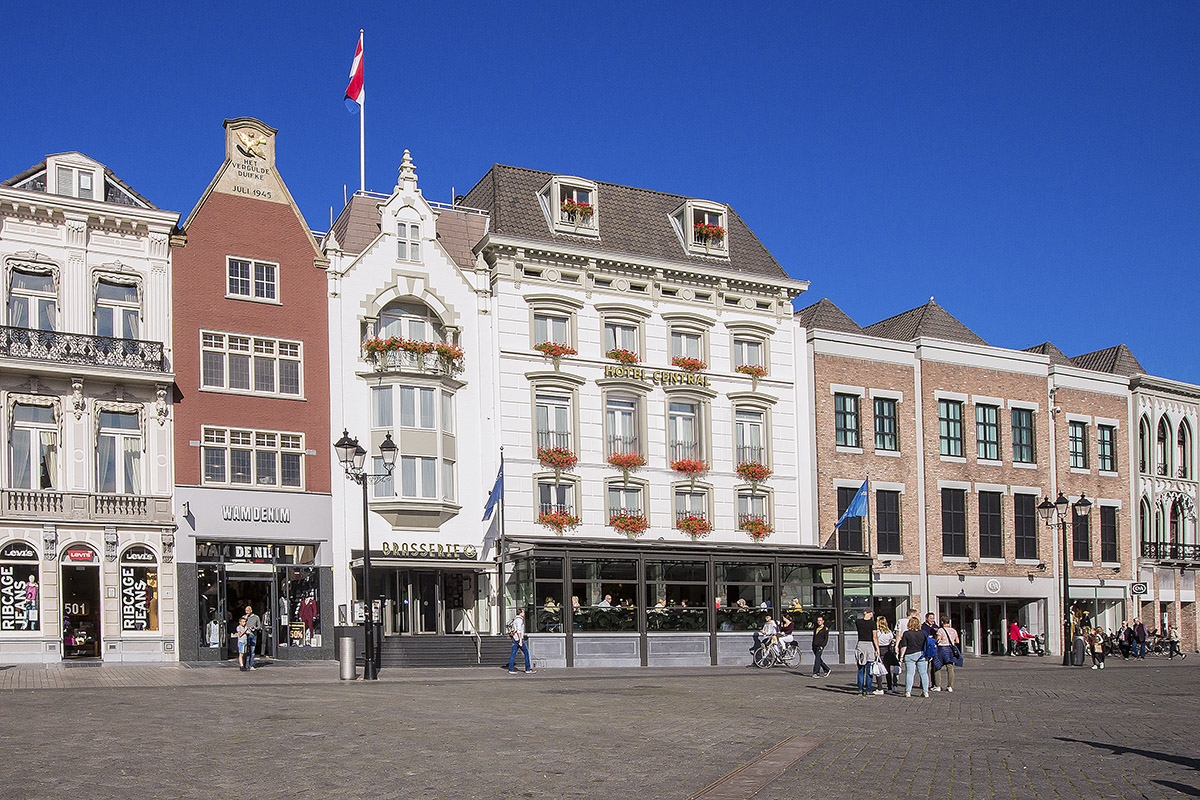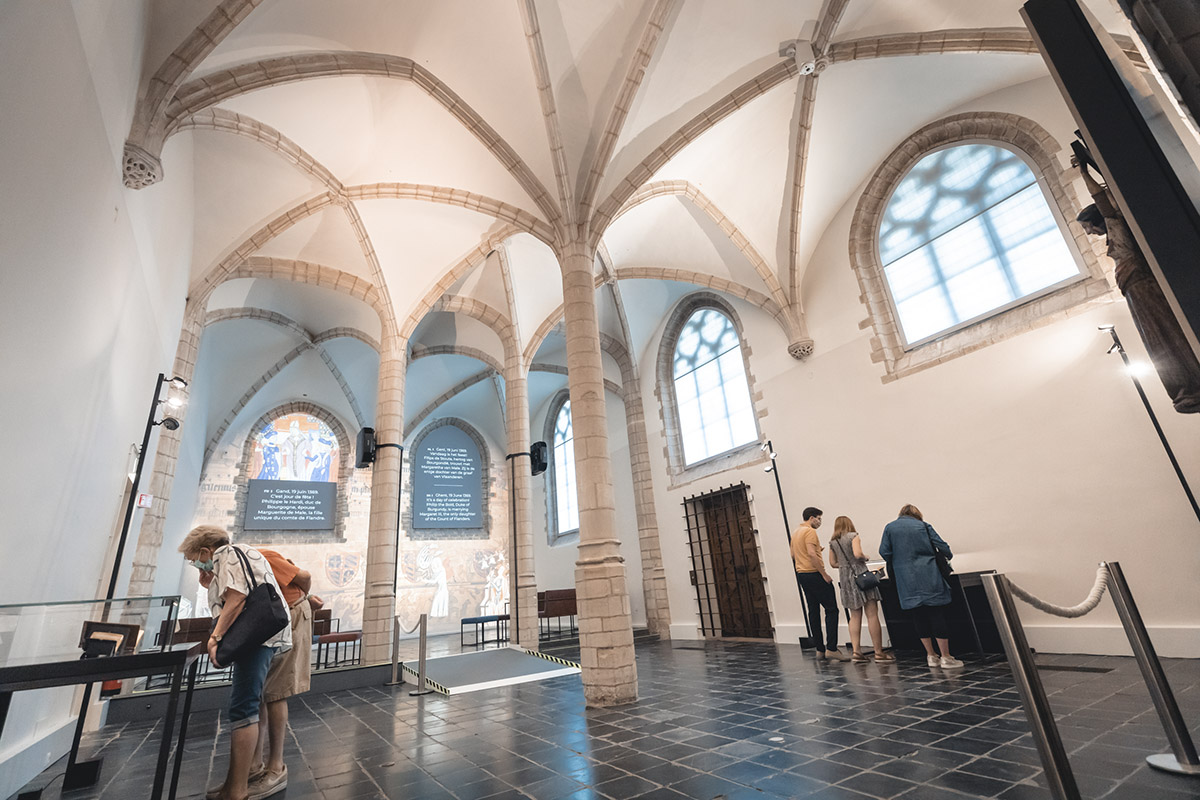Andre Rieu: The king of waltz
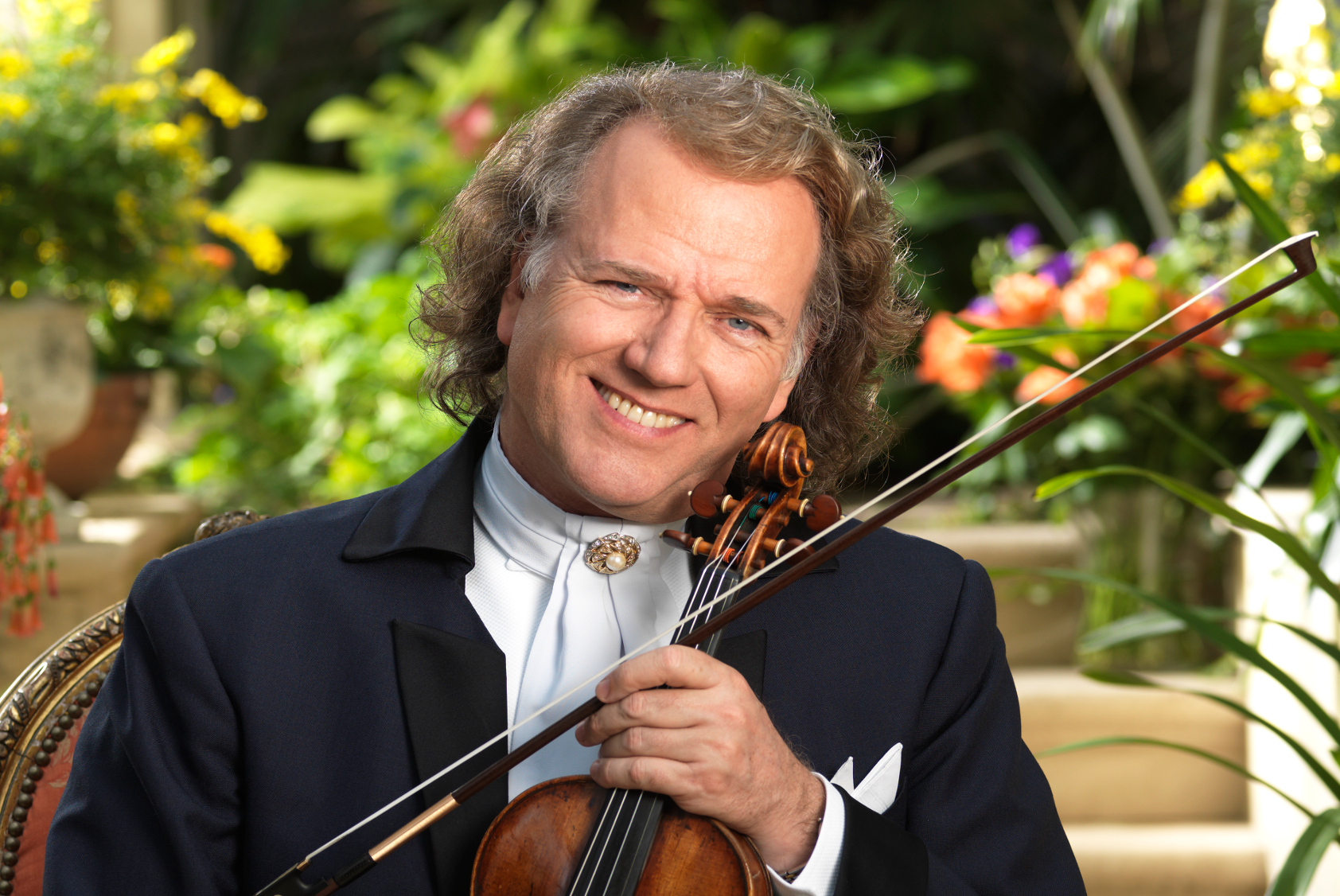
Andre Rieu has a knack for breaking down barriers when it comes to classical music, winning over his audiences from all walks of life and captivating them with beautiful music. His belief in the participation of his audience and making his music accessible to all has led the violin virtuoso to a wealth of success and an orchestra that has brought joy to millions.
He has certainly created a winning concept by performing popular classical music with world class musicians combined into a highly entertaining show. In between the music, Rieu will recount anecdotes, introduce his soloist and even tell jokes, all to get a smile from the audience. Rieu, 66, tells us that this format developed more or less naturally. “I am from the classical world, I graduated from the Brussels Conservatorium and I ended up with the Limburg Symphony Orchestra as a violinist. Aside that, rather by accident, I immediately started playing in a salon orchestra. That was a very different type of music that I had never heard before,” he begins.
Very popular at the start of the 20th century, a salon orchestra is typically a smaller company that plays light classical music. In particular waltzes, tangos and foxtrots are part of the usual repertoire. Rieu continues:”We played pieces such as the Vilja Song, the Serenade of Toselli, operetta music, the beautiful waltz Gold und Silber by Franz Lehár etc. I immediately fell in love with the music, and on top of that, I noticed that when we played it, the audience became really happy. Ourselves included.” This experience was something new to Rieu, and he quickly realised it was something he very much enjoyed. “This was very different from the Symphony Orchestra.
Eventually, it even started to bother me that there was so little interaction with the audience during concerts with the symphony orchestra. People would listen obediently and applauded when it was over. But I started to miss those happy faces in front of me. Also the orchestra itself played with little joy, really, despite playing the most beautiful music.”
Conductor and show master
In the end Rieu made the move to step out of the symphony orchestra and started performing with his own. By then the salon orchestra had grown into the Johann Strauss Orchestra, led by Rieu, at the time with around 20 people. This developed over the years, and currently Rieu often has up to 60 musicians playing with him.
The music is not the only thing that has propelled Rieu into an international phenomenon. Rieu has a knack for showmanship and knows how to play the audience. It is this combination of music and entertainment that continues to pull in sell-out crowds, not unusually of tens of thousands on one evening. Rieu recounts how the idea for his shows developed: “With that salon orchestra we started playing at homes for the elderly. I thought it was rather odd to just enter and start playing without greeting the people first. So that is what I did, because I was raised well, haha!”
He continues: “And so one thing lead to another. The people returned our greetings and a connection with the audience was formed, something I thought was rather pleasant. I developed those talks more and more. By the way, I don’t see myself as a ‘show master’, but mainly as a musician: conductor and violinist. Aside from those, I present the concerts, but the first place always goes to the music.”
His proudest moment
Every year Rieu brings out a new album and also his shows are often shown on live television or recorded on DVD. Upon release, these invariably shoot to the top of the classical best sellers lists and often stay there for weeks. This year will see the release of Arrivederci Roma, out later this month. Rieu comments on his new record: “It’s an album full of gorgeous Italian music, from well-loved classical melodies such as Intermezzo Sinfonico by Mascagni and the Ouverture La Traviata, to Italian hits such as L’Italiano, La Solitudine, A far l’amore comincia tu, and beautiful film music by Ennio Morricone, Gabriel’s and Dinner.”
He has multiple platinum and gold records in many countries and was even knighted in the Order of the Dutch Lion in 2002. But, as Rieu says himself, it isn’t the sales that he is most proud of. “Those sales figures of CDs and DVDs are obviously magnificent, but it very much remains a matter of business, which is viewed by the record companies as commercial success and a reward. What I personally think is a highlight, was the fact that my orchestra and I were asked to play for the coronation of Prince Willem Alexander to King in Amsterdam. I found that very special indeed, and it still fills me will a great deal of pride.” He adds: “I will never forget the sights of the delirious ‘orange’ audience on the Museumplein.”
Creating a successful show
During Rieu’s live performances, the entire orchestra is dressed in beautiful ball gowns or three-piece suits, including Rieu himself. The stage often has an exuberant décor and it is not unusual for a show, such as the annual outdoor summer concerts in Rieu’s hometown of Maastricht, to end with fireworks.
Rieu explains how his shows are created: “It always starts at home, on the sofa. There I will sit with my wife, Marjorie, and then we ask each other: right, what shall we play? Because that’s what it always starts with, the choice of music, that has always been and will remain the most important part. The two of us come up with the musical repertoire, by now for 37 years and running.”
While publicly she is much more in the background, Rieu’s wife Marjorie has always been very much involved. “Because from her upbringing she knew much more light music. To be honest, I didn’t know any of it. Even the Beatles or Rolling Stones, I had never heard of them. My father was conductor at the Limburg Symphony Orchestra, all six of us children played multiple classical instruments, we were always practising, and we never got to hear any other music naside classical at home.”
Once the pair has worked out what music to play, they will select the soloist. Rieu: “That actually goes hand in hand. Sometimes I want to play something, and I’ll find a singer to accompany me. At other times, chance will come into it, when a new soprano suggests pieces herself that she likes to sing, and then I make a selection from those.”
Rieu on the road
Rieu’s wife is not the only family member involved. His youngest son, Pierre is now also part of the team, but Rieu isn’t worried that work might affect their personal lives. “That is very simple: all three of us don’t view it as work pressure. We have a huge amount of fun in doing the things we do, and for Marjorie and me, this ís our life. There really is no division between work and private life. For Pierre this is different because he has a family with young children. He has to draw a line somewhere. But he is also very involved, enjoys it and is almost always preoccupied by it.”
For a large part of the year, Rieu is on tour with his Johann Strauss Orchestra. Over the last decade he has played all over the world, sometimes as many as a hundred performances a year. We asked him what a day on the road looks like. “On a concert day, I rest as much as possible, and three times a week I do strength training, one or two hours. Including when I am on tour.” He continues: “Around 3pm we arrive at the venue, drink something and at 4pm is a sound check. Then we all eat together, I will sleep which is followed by my instrumental warm up and I will change for the concert. A concert is a success if I see that the audience enjoyed it. So always, haha!”
Waltzing the night away
His shows also divide opinions, especially from within the classical world. Some critics dismiss Rieu as being overly kitsch and commercial. However, Rieu has drawn in audiences who would normally never listen to classical music and there is nothing Rieu would rather do than be on stage in front of a captivated audience. He tells us why: “The joy it gives me. I think there is nothing better than an evening on stage, playing beautiful music and seeing how happy it makes people. That is a wonderful experience, every night again.”
One song that Rieu has helped to make famous is the Second Waltz by Dmitri Shostakovich. At almost every single performance Rieu will play this captivating piece with his orchestra. We wondered how he keeps it interesting for himself to play the same music over and over again. “It does not matter how often you play a piece,” he explains. “Every time you try to play it to perfection, for myself and together with the others. Every night is it a new challenge, because it never happens ‘spontaneously’. To play it perfectly, you have to be absolutely focused, and it gives a wonderful feeling of fulfilment if we have achieved this again.”
This month, Rieu has two shows in Belgium on his agenda, one in Brussels and one in Hasselt. Talking about the upcoming shows, he says what the audience can expect: “A fantastic programme with, of course, Viennese waltzes, but also famous opera-arias, for example from The Pear! Fishers and Madame Butterfly: Well-known songs from operetta and musicals. Aside that, there will be plenty of moments to laugh. I look forward to it!”
Text: Myriam Gwynned Dijck
Subscribe to Our Newsletter
Receive our monthly newsletter by email
